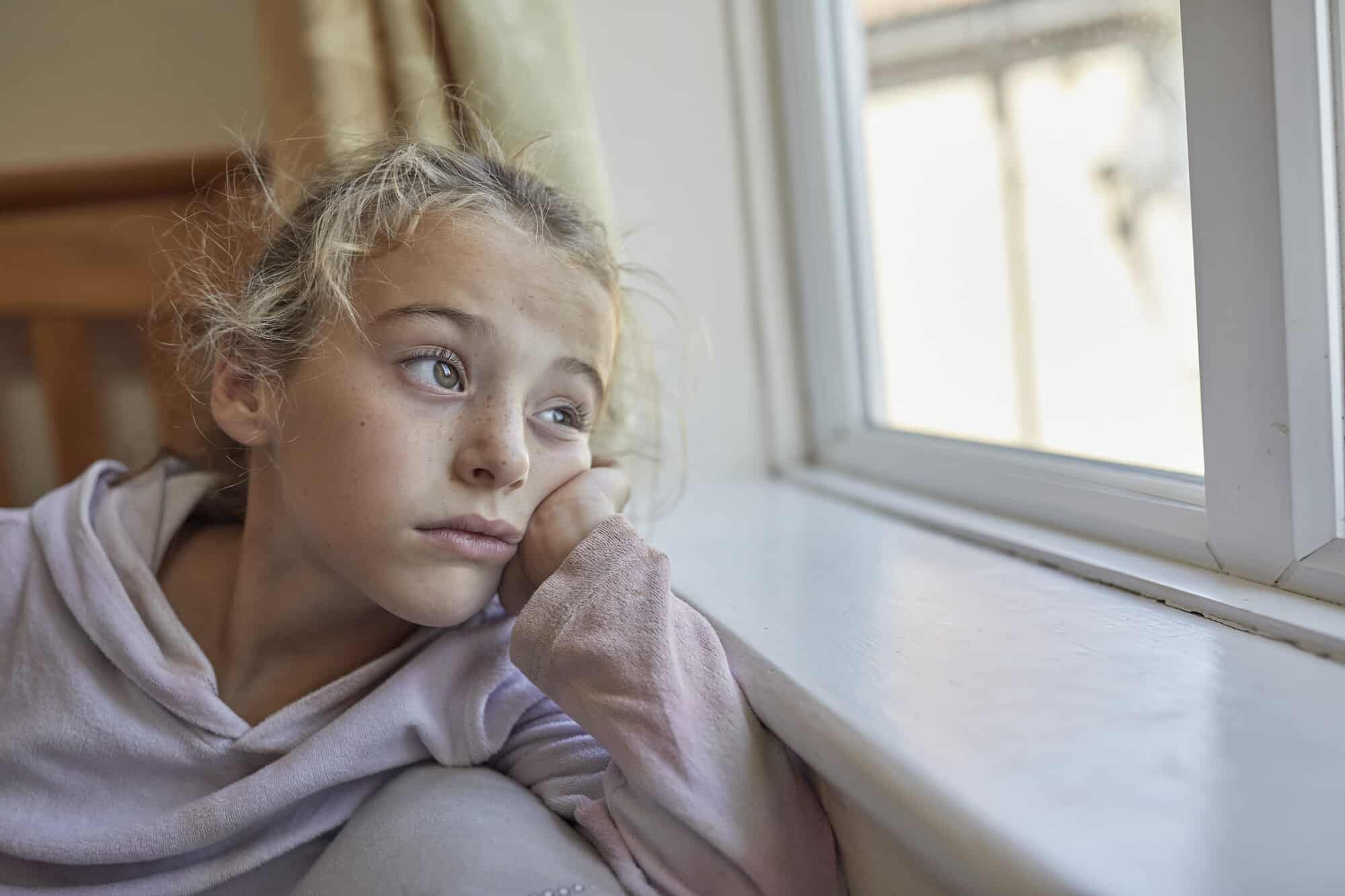
The NSPCC Helpline is anticipating an increase in contact this summer from adults with concerns about children being left home alone.
Between April 2024 and March 2025, the service – which provides help and advice for adults with concerns about the wellbeing of a child – received 6,719 contacts on the subject. This is an average of 560 a month.
In July and August, there was a particularly high number of contacts made to the helpline about this issue, with a total of 1276 across the two months.
The summer holidays can be a particularly challenging time for parents as they try to balance the competing demands of work and childcare. To cope, some adults might consider leaving their children home alone.
A parent, who contacted the NSPCC Helpline, said: “I’m after some advice. I have a situation where I will have to either leave my two kids (aged 12 and 8) at home by themselves or make alternative care arrangements over summer. I am separated and, for the next two weeks, I have to travel to another part of the country for work. I have asked my neighbour for help but she can only be there in the afternoons. I am aware that kids above 12 can be by themselves if they are comfortable with it. But what if there are younger kids with them in the same house? Is it okay to leave them home alone too?”
Also, as more children are left alone, there might be increased concerns from neighbours, friends, family, and the public who notice problems when parents are not home.
Another adult who contacted the NSPCC Helpline, said: “I am worried about three girls who are 4, 6 and 8 years old. It’s the school holidays, and I believe both parents have left to go to work. There are no cars on the drive or other cars that would show a babysitter is around. I can hear the children arguing since the mum left. This sort of thing has happened before, but not for this long.”
There is no legal age limit for leaving children, but the NSPCC recommends never letting a child aged under 12 years old be home alone. Equally, if a child has expressed concerns about being left without a parent or carer, those worries should be respected.
For those young people who are ready to remain at home unsupervised, the children’s charity has prepared advice to parents and carers.
Tips for parents and carers considering leaving their child alone:
– Being home alone for the first time is probably going to be as worrying for the young person as it is for you. Try to prepare them by talking about scenarios that might take place and solutions, such as would they know what to do if someone came to the door?
– Ensure they have the emergency services and relevant contact numbers written down in case they can’t contact you, for instance family members or friends.
– Agree what they’ll be doing while you are out, equally agree what they cannot do, for instance cooking can be dangerous and should only be done by an older child.
– Adults should be clear about what time they’ll be returning and let their child know if their plans change, as well as checking in regularly.
– Depending on the child, being left home alone can be a big change to get used to. It’s better to leave them for a short time at first, no more than 20 minutes, then build this up over time.
Further advice on leaving children home alone can be found on the NSPCC website, as well as a quiz to assess if a child is ready to be left unsupervised.
Kam Thandi, Head of the NSPCC’s Helpline, said: “The long summer holidays present many parents and carers with a major headache about how they ensure their children are safe and looked after while also holding down a job.
“Trying to juggle these competing commitments can lead some to consider whether leaving their child home alone is a viable option.
“Even if the child is aged 12 or over it is still essential to check they are comfortable with being left unsupervised and to also map out together what they will be doing while you are away and what they should do if something goes wrong.
“For additional support and guidance, the NSPCC Helpline and website has a wealth of information and expertise which parents and carers can also draw on.”
Adults with concerns about a child can contact the NSPCC Helpline by calling 0808 800 5000 or emailing help@NSPCC.org.uk.
Childline is available for young people via phone on 0800 1111 and online, offering a 1-2-1 chat on the website.





